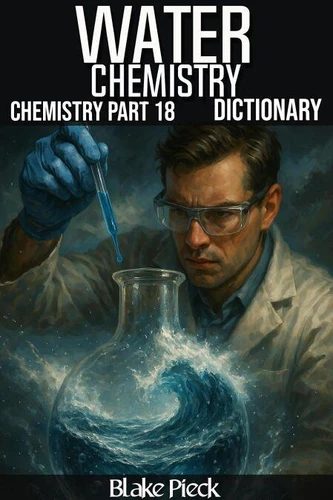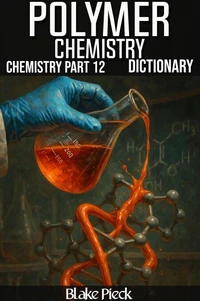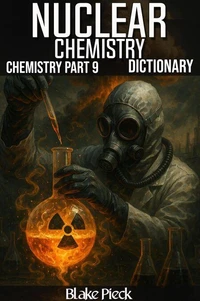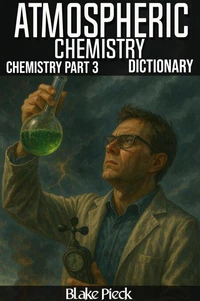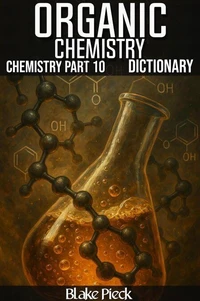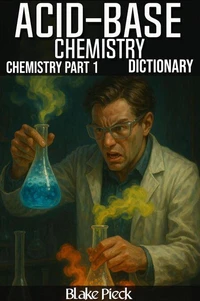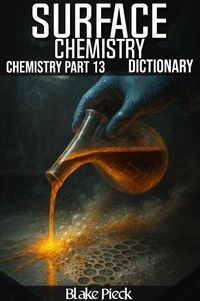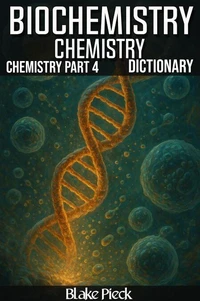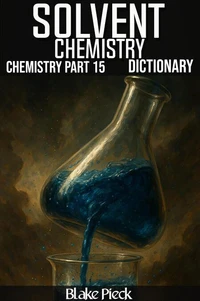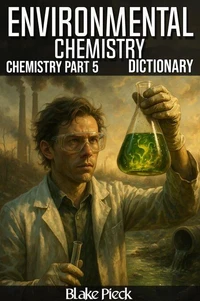Nouveauté
Water Chemistry - Chemistry Part 18 Dictionary. Grow Your Vocabulary
Par :Formats :
Disponible dans votre compte client Decitre ou Furet du Nord dès validation de votre commande. Le format ePub est :
- Compatible avec une lecture sur My Vivlio (smartphone, tablette, ordinateur)
- Compatible avec une lecture sur liseuses Vivlio
- Pour les liseuses autres que Vivlio, vous devez utiliser le logiciel Adobe Digital Edition. Non compatible avec la lecture sur les liseuses Kindle, Remarkable et Sony
 , qui est-ce ?
, qui est-ce ?Notre partenaire de plateforme de lecture numérique où vous retrouverez l'ensemble de vos ebooks gratuitement
Pour en savoir plus sur nos ebooks, consultez notre aide en ligne ici
- FormatePub
- ISBN8227004000
- EAN9798227004000
- Date de parution01/09/2025
- Protection num.pas de protection
- Infos supplémentairesepub
- ÉditeurBig Dog Books, LLC
Résumé
Water chemistry examines the properties, reactions, and interactions of one of the most vital substances on Earth. It explores how dissolved salts, gases, and organic compounds influence water quality, and how processes like precipitation, oxidation, and reduction govern aquatic systems. From drinking water treatment to the chemistry of rivers, lakes, and oceans, this field shows how chemistry directly affects ecosystems and human health.
Within the wider discipline of chemistry, the study of water connects physical, analytical, environmental, and biological sciences. It explains how pH, alkalinity, and hardness shape water behavior, and how pollutants alter chemical balance. Understanding these principles is essential for fields as diverse as public health, agriculture, geology, and industrial production. This dictionary brings together the terminology of water chemistry in an organized and accessible way.
It covers key concepts such as solubility, ion exchange, redox reactions, nutrient cycling, and treatment methods. Each entry is written with clarity and context, offering support for students learning the fundamentals, teachers guiding instruction, and professionals working in research, monitoring, or water management. Studying through a dictionary strengthens command of precise scientific language while building a framework for applied understanding.
Revisiting and connecting terms helps readers see how chemical principles link to environmental and technological challenges. With water chemistry at the center of both natural cycles and human society, fluency in its vocabulary provides lasting value for education, practice, and innovation.
Within the wider discipline of chemistry, the study of water connects physical, analytical, environmental, and biological sciences. It explains how pH, alkalinity, and hardness shape water behavior, and how pollutants alter chemical balance. Understanding these principles is essential for fields as diverse as public health, agriculture, geology, and industrial production. This dictionary brings together the terminology of water chemistry in an organized and accessible way.
It covers key concepts such as solubility, ion exchange, redox reactions, nutrient cycling, and treatment methods. Each entry is written with clarity and context, offering support for students learning the fundamentals, teachers guiding instruction, and professionals working in research, monitoring, or water management. Studying through a dictionary strengthens command of precise scientific language while building a framework for applied understanding.
Revisiting and connecting terms helps readers see how chemical principles link to environmental and technological challenges. With water chemistry at the center of both natural cycles and human society, fluency in its vocabulary provides lasting value for education, practice, and innovation.
Water chemistry examines the properties, reactions, and interactions of one of the most vital substances on Earth. It explores how dissolved salts, gases, and organic compounds influence water quality, and how processes like precipitation, oxidation, and reduction govern aquatic systems. From drinking water treatment to the chemistry of rivers, lakes, and oceans, this field shows how chemistry directly affects ecosystems and human health.
Within the wider discipline of chemistry, the study of water connects physical, analytical, environmental, and biological sciences. It explains how pH, alkalinity, and hardness shape water behavior, and how pollutants alter chemical balance. Understanding these principles is essential for fields as diverse as public health, agriculture, geology, and industrial production. This dictionary brings together the terminology of water chemistry in an organized and accessible way.
It covers key concepts such as solubility, ion exchange, redox reactions, nutrient cycling, and treatment methods. Each entry is written with clarity and context, offering support for students learning the fundamentals, teachers guiding instruction, and professionals working in research, monitoring, or water management. Studying through a dictionary strengthens command of precise scientific language while building a framework for applied understanding.
Revisiting and connecting terms helps readers see how chemical principles link to environmental and technological challenges. With water chemistry at the center of both natural cycles and human society, fluency in its vocabulary provides lasting value for education, practice, and innovation.
Within the wider discipline of chemistry, the study of water connects physical, analytical, environmental, and biological sciences. It explains how pH, alkalinity, and hardness shape water behavior, and how pollutants alter chemical balance. Understanding these principles is essential for fields as diverse as public health, agriculture, geology, and industrial production. This dictionary brings together the terminology of water chemistry in an organized and accessible way.
It covers key concepts such as solubility, ion exchange, redox reactions, nutrient cycling, and treatment methods. Each entry is written with clarity and context, offering support for students learning the fundamentals, teachers guiding instruction, and professionals working in research, monitoring, or water management. Studying through a dictionary strengthens command of precise scientific language while building a framework for applied understanding.
Revisiting and connecting terms helps readers see how chemical principles link to environmental and technological challenges. With water chemistry at the center of both natural cycles and human society, fluency in its vocabulary provides lasting value for education, practice, and innovation.

